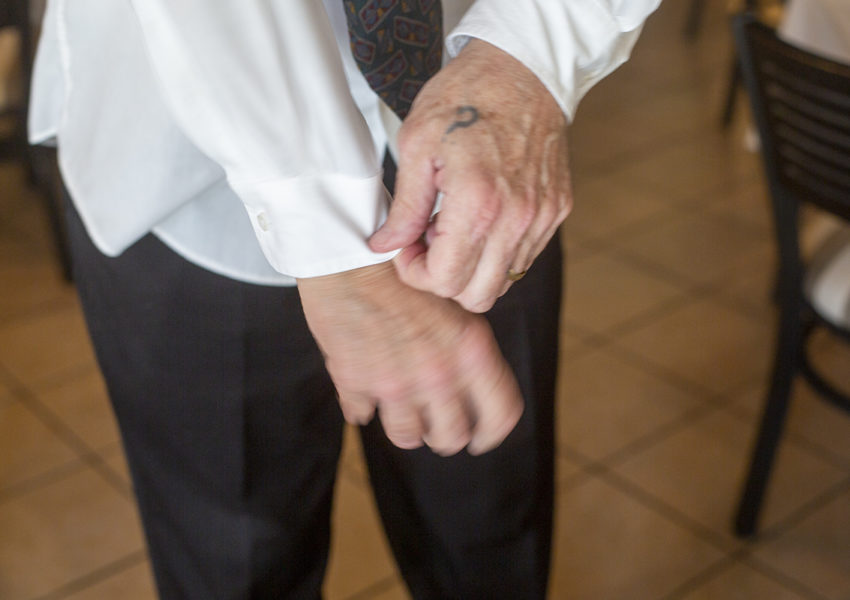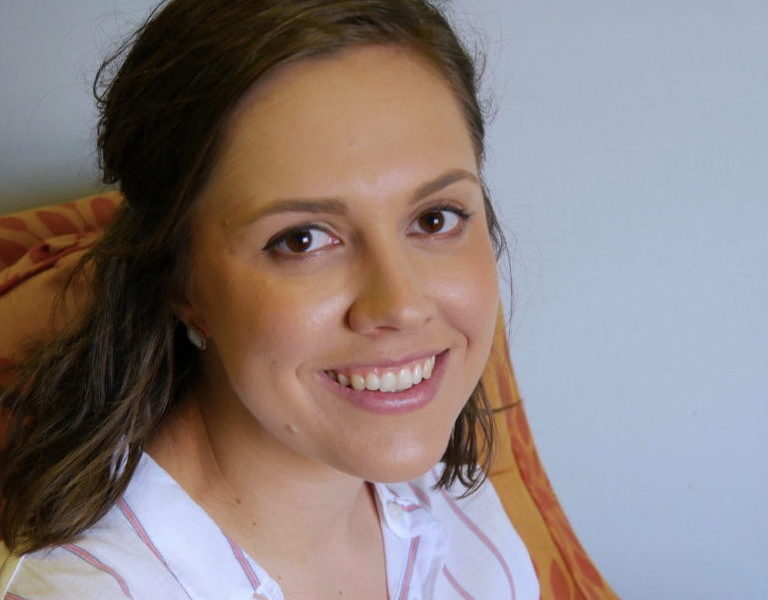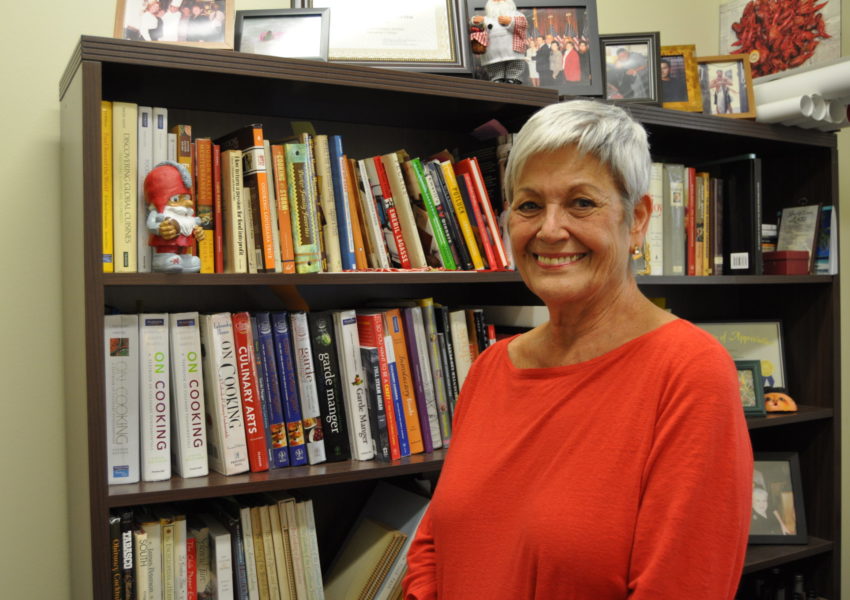I Never Could Sit Still Leah Chase talks of seven decades at Dooky Chase’s Restaurant in New Orleans
as told to Sara Roahen and John Pope by Leah Chase
June 6, 2014
My name is Leah Chase. I run this kitchen at Dooky Chase’s Restaurant. Been here for what? Sixty-eight years.
![]() I like to give trained chefs their credit, and that’s why I say I’m a cook, really. But I run the kitchen. I do the buying. I do the menu and all of that. I’ve had people say, “Well, what is a chef? Nothing.” What do you mean, ‘nothing?’ But in their eyes, a chef is just somebody who cooks, so they don’t look at that sometimes as a respected form of art or respected degree. But it is. In my case, I had a lot of people that didn’t give me any credit for anything. I was just a cook.
I like to give trained chefs their credit, and that’s why I say I’m a cook, really. But I run the kitchen. I do the buying. I do the menu and all of that. I’ve had people say, “Well, what is a chef? Nothing.” What do you mean, ‘nothing?’ But in their eyes, a chef is just somebody who cooks, so they don’t look at that sometimes as a respected form of art or respected degree. But it is. In my case, I had a lot of people that didn’t give me any credit for anything. I was just a cook.
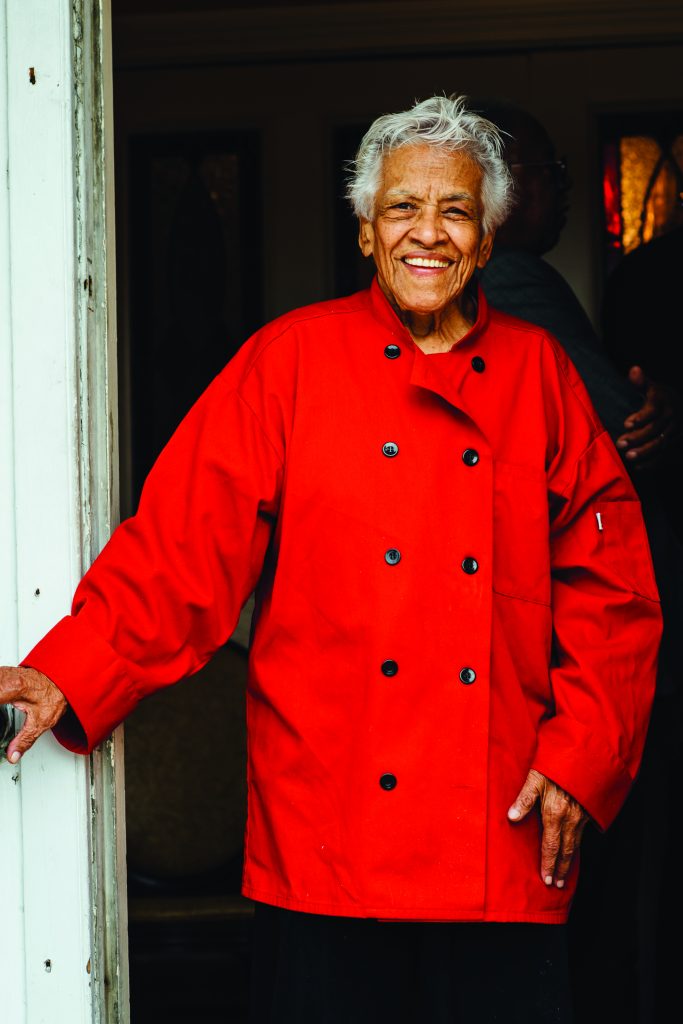
We did it in our kitchens every day. Every black woman coming along cooked in the kitchen, and they just didn’t understand what the professional cook would do. And if you’re cooking in the restaurant, what difference that makes. They just—it’s nothing to them. And I guess there’s still some cases in which they feel that way. “What is a chef? Nothing.” But it is important. It is as important as a doctor. It is as important as a lawyer.
“Your high mind is going to get you in trouble someday.”
I grew up in a small town. I grew up in Madisonville. And the older I get, the more appreciative I am of growing up in a small town, in what you call a “country town.” You learn so much. People who grew up in urban towns and big cities don’t understand. They don’t know food, for one thing. They don’t know how it grows. They don’t know what it takes to bring it to the table. And in the country, you learn all of that.
Then, when you get to the city, you say, “Oh, I can take these same greens I have and I can do this with it. I can stuff this chicken with that. I didn’t know I could do that with it coming up in the country. I thought I could just eat greens and greens, or greens and rice, or whatever. Now I know you can put it under different things and make it a beautiful dish.”
So you learn, and you build on what you learn. Coming up in the country, you learn the basics. You learn what it takes to grow a hog. You know what it takes to do everything. I think that was an advantage for me.
My mother wasn’t a great cook, poor darling. Well, who wants to cook for the army every day? She had eleven of us that she raised, and my daddy who loved to eat. She’d rather sew. She liked to sew. And you know what? Strangely enough, when I came up, that was me. I’d rather sew.
There were no Catholic schools for blacks at all in Madisonville. So I had to come here. And where was St. Mary’s Academy when I came? On Orleans and Royal, of all the spaces. I don’t think you could run a good school in the French Quarter today. Kids are too curious.
When I came out of school, I went back home. There was no work at home but housework, so we did that. I worked for a lady who had a boarding house, Koep’s Boarding House. I cleaned, washed some clothes, maybe cooked some food.
I was so different than all of my sisters. I always looked for bigger things, and my mother used to always fuss at me. She said, “Your high mind is going to get you in trouble someday.”


That’s another story, how I got here to Dooky’s. Okay, you know I liked to go out. I was one who couldn’t—I never could sit still, and I think that’s what pains me about aging. I don’t like staying still. I like moving. I like doing things. So I like to go out with different people. Just go out. And then I was out and about town, and then everybody would go—I never was a one-man person. I never had, like young girls have a boyfriend. No, I had plenty of friends, and we’re going to go out. We’re going to go out and look around and have a little drink here. And sometimes go out until four o’clock in the morning. And when you hit that clock at seven, I never missed a day’s work and never was late for a day’s work.
I used to come here after I’d get off of work and come to eat. But I didn’t even know Dooky then. Dooky was a musician, so I met him when he was playing music. I was at a dance, and I was popular because I was good-looking and had a fairly good shape. I had everything going. So I’m in the hall dancing, and he said, “Take over this, man, I’m going to dance with this girl.”
And so Dooky got off the band and we started dancing, and I still, “I ain’t paying him no mind. I still got all these other boyfriends.” And at that time, I didn’t like musicians. I thought they were all weird and crazy. I liked people in sports. Boxing was the big thing with me.
So he kept on, so then we started going out. And that was it. I knew Dooky maybe four or five months when we were married. Dooky was only eighteen years old. I was twenty-three. I didn’t feel like he was any younger. He had been with the band since he was sixteen years old.
He would come to work here because his daddy made him. His daddy more than his mother made him work. So he would come here, and he would work the bar at that time. He was good on the bar, too. Didn’t drink a thing, but could make you the best drink you ever drank. He didn’t smoke, didn’t do anything. I think that’s what caused him to leave the music world. He couldn’t cope with that element.
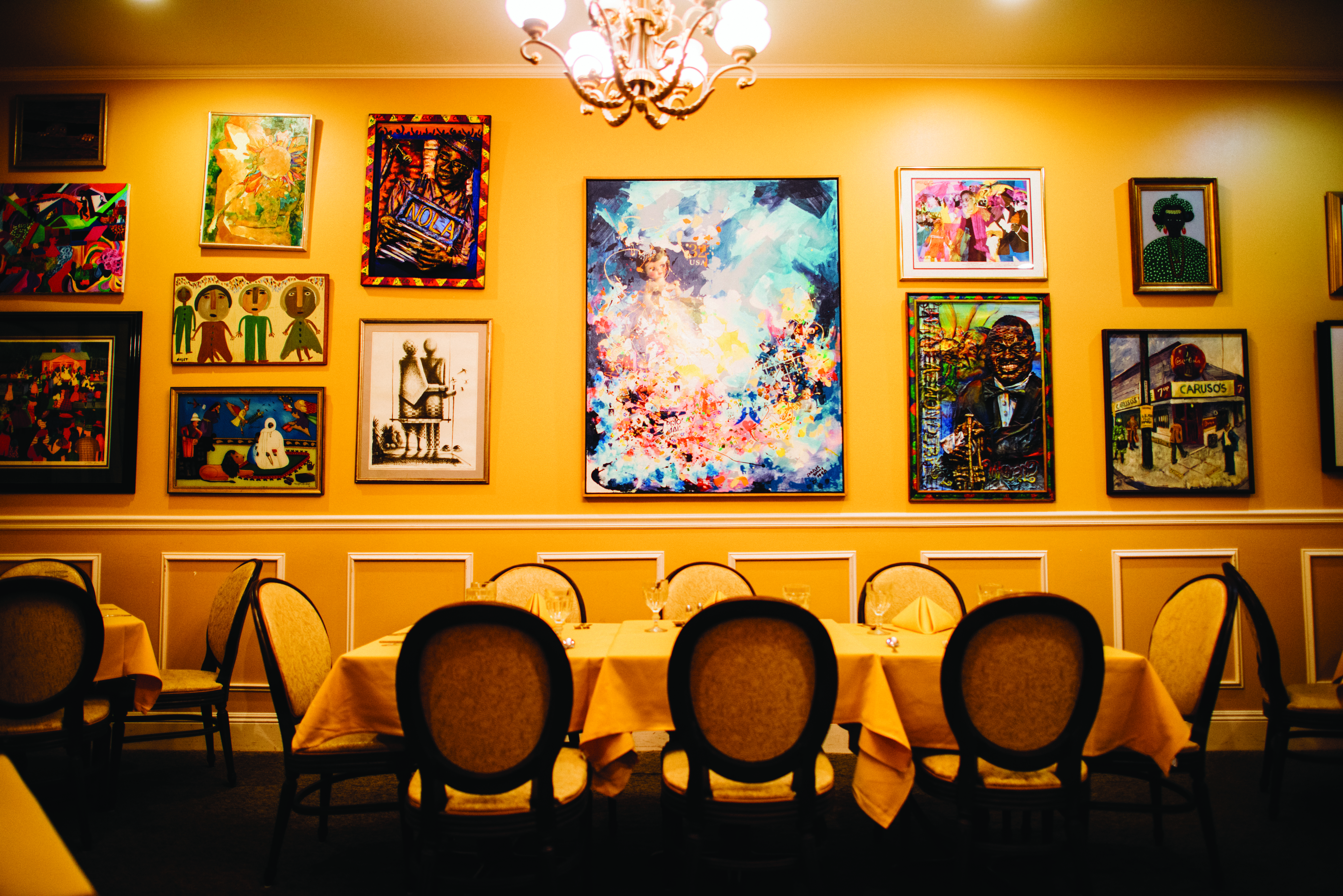
Leah Chase is a prolific collector of African American art. Pieces from her collection hang in the dining room.
The restaurant was across the street at first, but they didn’t stay there long. They started there in ’39, but by ’41—my mother-in-law was a mover and shaker. She was a great money manager. And my father-in-law was always sick. He had ulcers. He quit going out selling the lottery because he couldn’t do it anymore. So she opened up that little shop and they sold the lottery out of the shop, as well as sandwiches. Then she moved—she bought this over here, and she lived in this side here and the restaurant was next door.
When I came in here, I thought I was going to be a waitress. Where I came from, I was a waitress, and a good one. And I was coming up with ideas, and they didn’t know where I was coming from. Like even the shrimp cocktail. Black people did not know what a shrimp cocktail was when I came here in 1946. Where were they going to eat it? They didn’t have no place else to eat it.
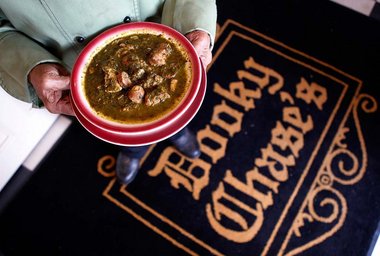
The people used to tell my mother-in-law, “Oh, she’s going to ruin your business. You see that girl? She’s going to ruin it.” But my mother-in-law was making money in here in ’45. Everybody was making money by ’45. Things were booming and people had jobs then. And my mother-in-law was making money. She loved money, and she always had her roll in her bosom like everybody did. My mother-in-law walked around with about $500 in her bosom.
And she would sit down there, I remember, with a cigar box. And in those days, people were working—if they worked on the river, or they worked anywhere, they came to cash their check. And she had her money—$6,000, $7,000—in her cigar box. And she’d cash those checks sitting right out there on the table with the cigar box.
I’ll never forget this boo-boo I made: I said, “Now, nothing is different. The only difference in people is the color of their skin.” Now, that was stupid. There are different cultures. So here, I’m going to put—the first thing I put on the menu to change: lobster Thermidor.
The people said, “Is she crazy? Emily, she is going to ruin your business, everything you worked for.” But my mother-in-law, she supported me 100 percent.
It didn’t go over because black people were not introduced to cream sauces at that time. Where would they have cream sauces unless they worked in a restaurant? They would have stews, they would have plenty of meat, they would have stuffing, oyster dressing, they would have mirlitons. They would have things like that, but they would never have lobster Thermidor. They would never have shrimp Newburg. They never had a shrimp cocktail.
So okay, that didn’t work. So I backed up. When I came here, my mother-in-law had a piece of paper like this, and this was her menu: fried chicken, fried fish. We used to get those little trout, three-quarters or a pound, and split them open, and you’d fry it whole and you would serve it whole like that. Just split and fry it whole with the head on and all.
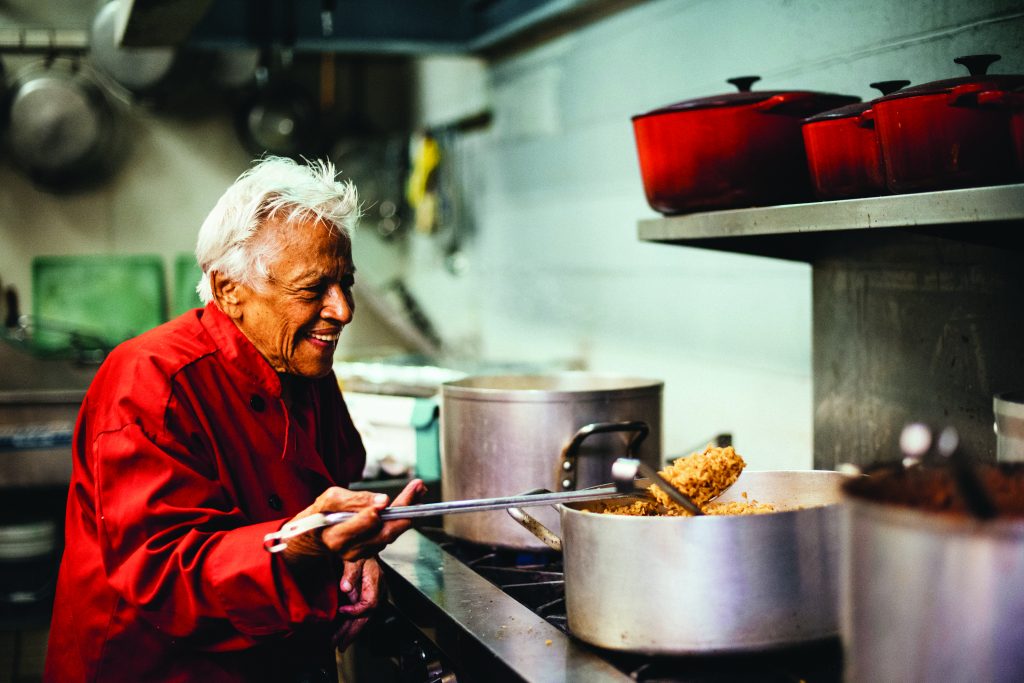
Where I was leading, I got folks to follow me by backing up. So then when I made a real menu that people could understand rather than what my mother-in-law was writing, I start making lunch once a day—meatballs and spaghetti or something. I said, “We got to have dinner,” and I made a dinner menu, and I’d give them what they had: grillades, jambalaya, gumbo, veal panée, stuffed chicken breast with oyster dressing. See, they knew that. That was something they could relate to. So I had to back up and do that.
I had to introduce them to even setting a table up here. When you came in, you found this restaurant just like it is now—this room, and you had plastic tablecloths on the table. You had ketchup bottles. You had hot sauce bottles on the table. And you had your waitress that sat in that corner. When you came in, she gave you this piece of paper and took the order. She gave you a fork and a knife and a paper napkin as you came in.
Now that’s another thing they said: “Nobody is going to eat with this silver on this table.” Black people were strange about restaurants because, you see, in their minds, they had been brainwashed that restaurants were not clean. That’s how they kept us safe from segregation. “You don’t want to eat there.” They didn’t tell you you couldn’t eat there because you were black. “You don’t want to eat there because they’re not clean. All of those people drink out of the same glass.”
As late as ’46. And so I said, “I am setting up this table.” And then I said, “Oh no, we can’t use this paper. I can’t have this paper in here. We have to use cloth.” That’s what I saw on the other side of the town. Well, they thought I was crazy.

My mother-in-law and father-in-law were popular, so the people would come out, but it was like a Saturday-night space. Black folks ate dinner at home. They didn’t eat out. They came out to drink. If you were three people and you drank maybe bourbon, you’d say, “Give me a setup.” You know what a setup was? A half a pint of bourbon, whatever bourbon you ordered, and black folks didn’t order cheap bourbon. They liked good stuff. They had to drink I.W. Harper or Old Forester 100. And you would get the bucket of ice, the little pan of ice, and your glass, and maybe a Coke and a 7-Up and your half-pint. Now, if you wanted your setup dressed, you’d say, “Give me my ice dressed.” So that means on top of that ice I’d put lemon and cherries. I’d dress the ice so when you made your drink at the table, you put your lemon and your cherry in your drink.
I always think about food.
Creoles ate at home. They did everything at home. So the Creoles could understand this place. This was somebody they knew, somebody they could relate to, and if Emily was cooking for them—like frying her fish or frying her oysters—they trusted in Emily.
I started in the kitchen when I came here. I didn’t know anything, so I started doing just whatever they did in the kitchen. And then I decided, “Well wait, we got to change.” You know people had—men began to have office jobs like lawyers, like Dutch [Morial]. And they began to have professional jobs. So that’s when I changed, and we had to start getting lunches at first, making lunches. And then we started to put the dinner menu on, because people were beginning to eat out. Black people. But for some uncanny reason from time to time, we always had white people.
Even in the ’60s, I was told so many times, “You can’t. You can’t do this. Oh, you can’t do that.” And don’t ever do that, because I’m ninety-one, almost ninety-two, now. Don’t tell me I can’t, because I’m going to go out there and show you I can. “No white people are going to come in here, Leah. You can’t do that.” They thought it was impossible. They thought no white person would appreciate anything that we had.
It’s good food, but nobody thought that. Okay, I’d get in here and I’d do what I have to do in here, and then I’d work the total community. That was unbelievable. See, for one thing, blacks would not even think about giving something to a white organization. They wouldn’t think about that. Like if I did something for the museum, “Oh Leah, that’s white people.” No, they didn’t understand that. Giving to white things, they didn’t understand that. So I did those things, so thereby I’m bringing the people in.
I like what I do. I love what I do. And when people come to visit me, that’s like getting your gas tank filled. You have energy to keep going. If I sat down in my house all the time, I would cry all day long. I would cry and I would pray all day long. I’m just frightened of death and I don’t want to think about it. I want to move and keep going and just keep moving. I’m not frightened of not being able to do, because I figure if I pray hard enough, I don’t think God would take me this far and then drop me like a hot potato. I don’t believe he’ll do that to me.
Work is like medicine to me. It just makes me go and it just makes me want to do things, and when I see people come, that makes me want—I get creative again and my mind keeps saying, “You can do this. You can do that.” Dooky says, “You’re always thinking about food.” Yeah, I always think about food.
Leah Chase served as the first president of the SFA board of directors.


